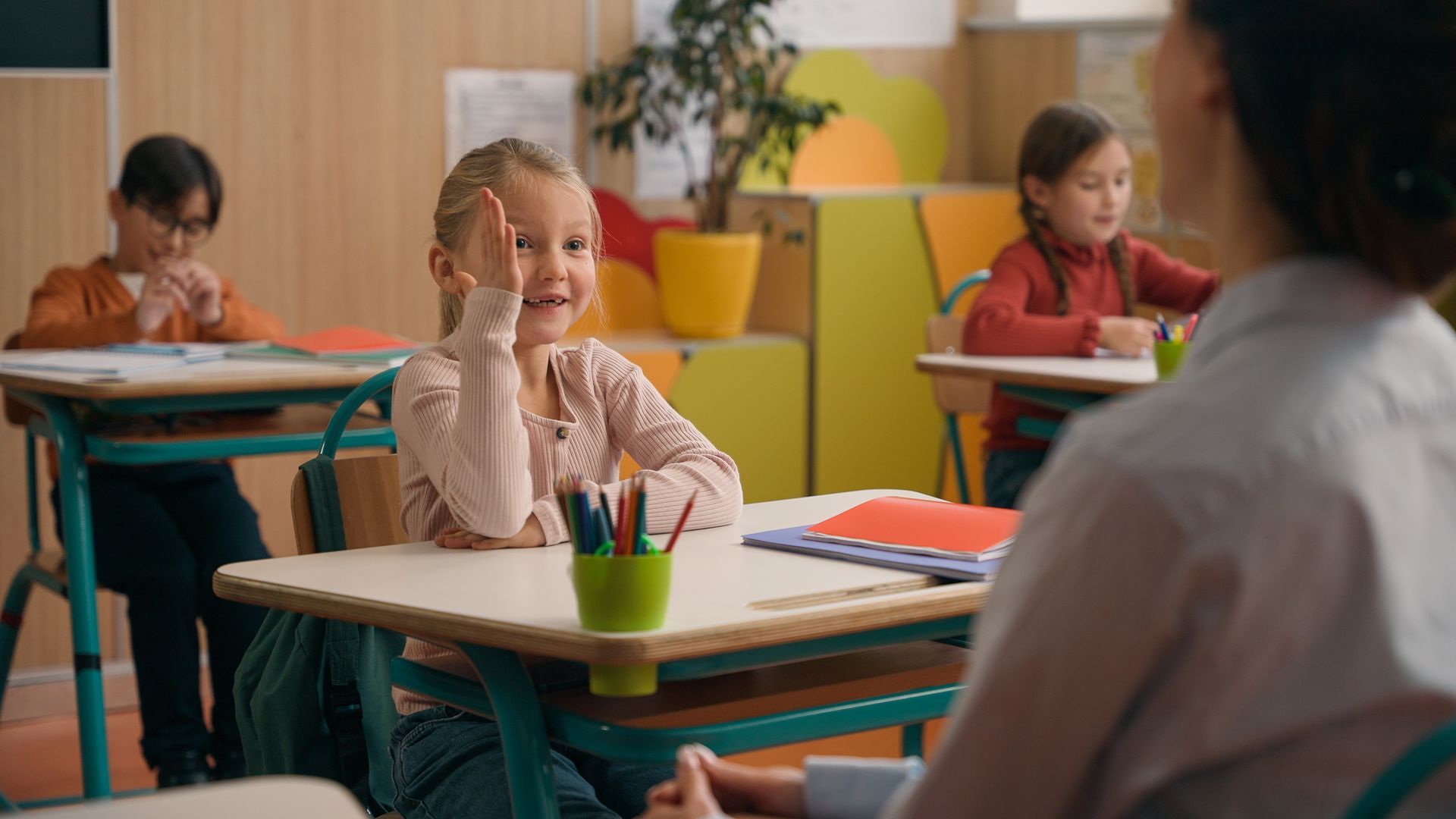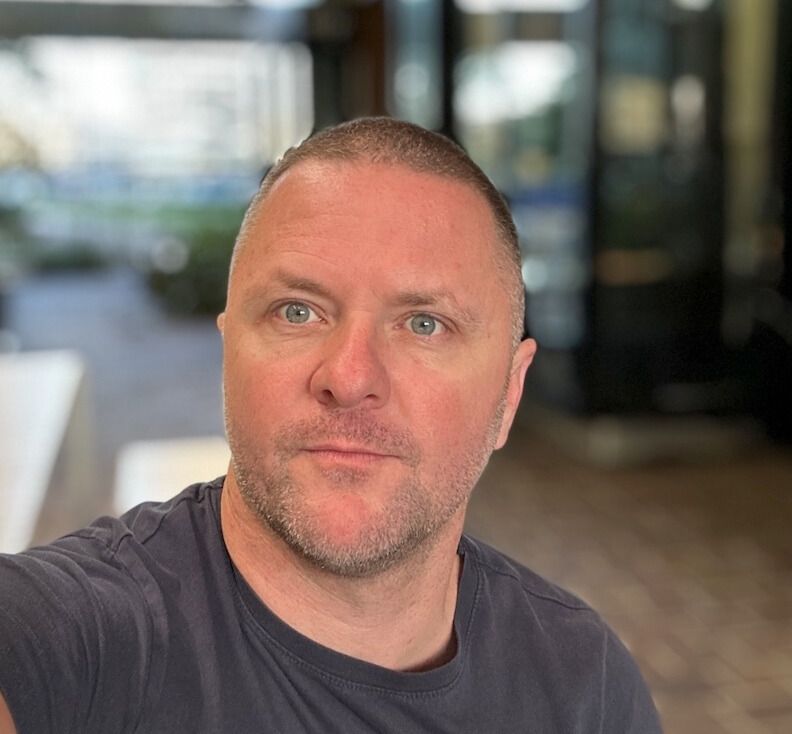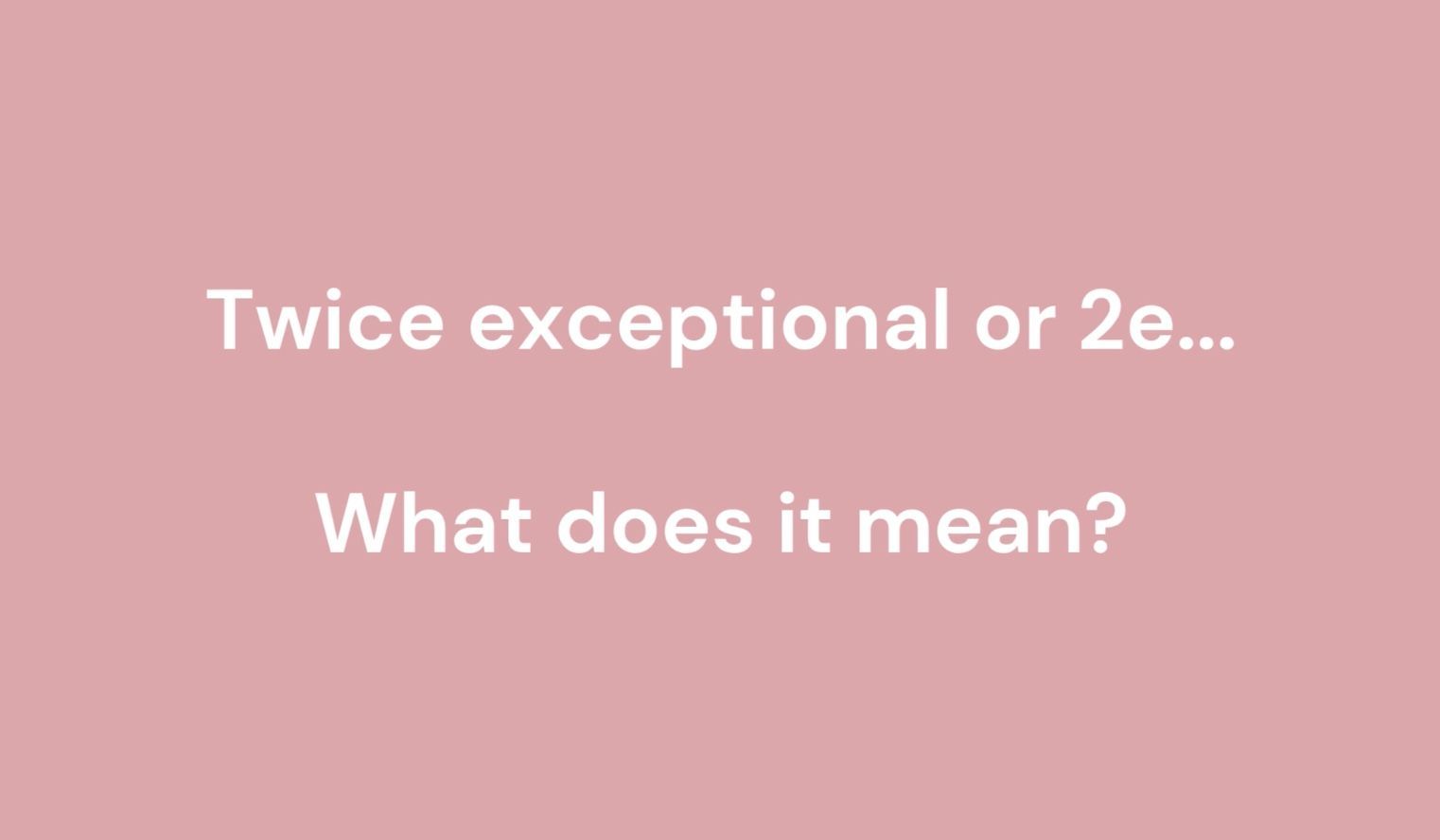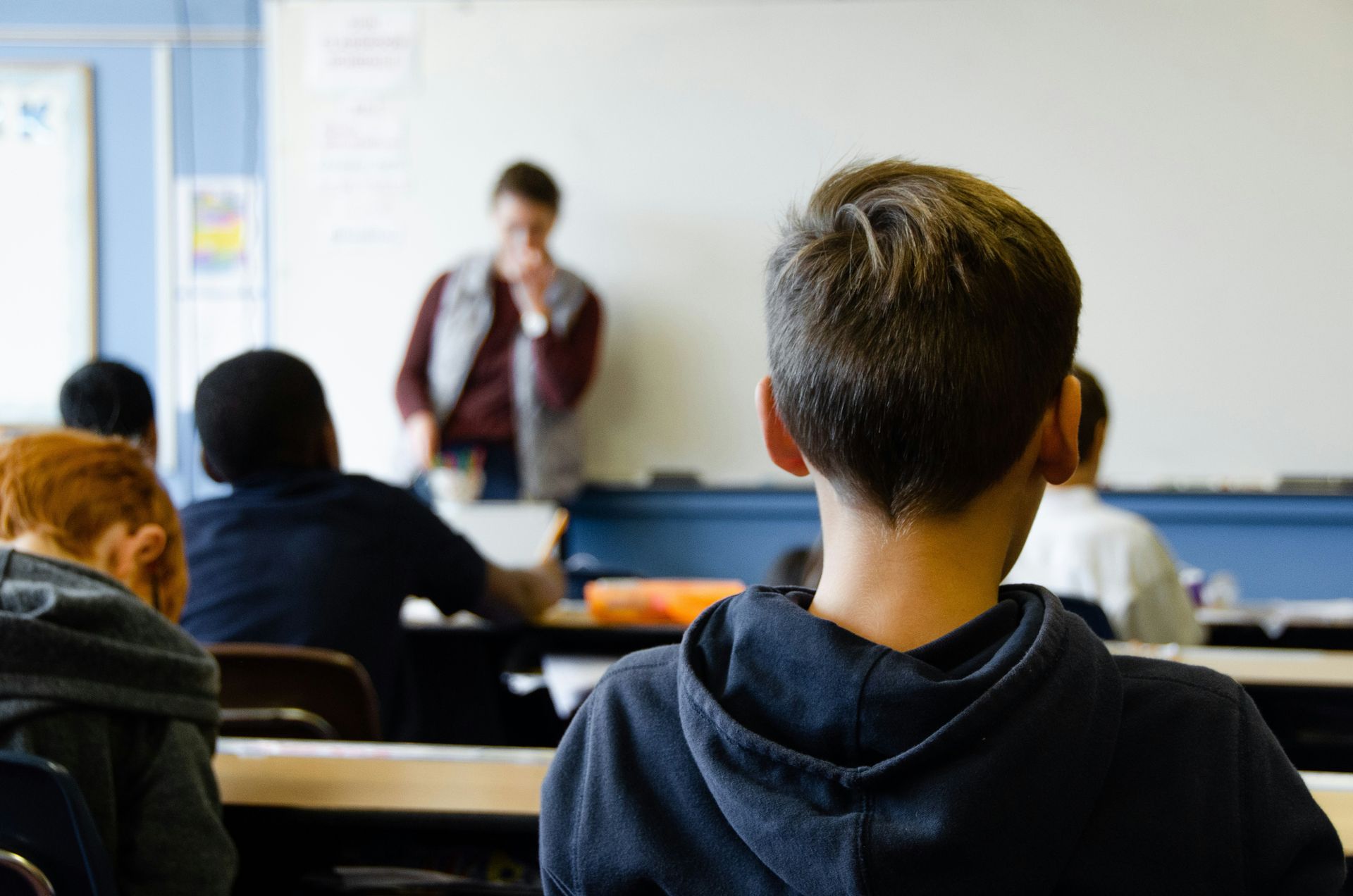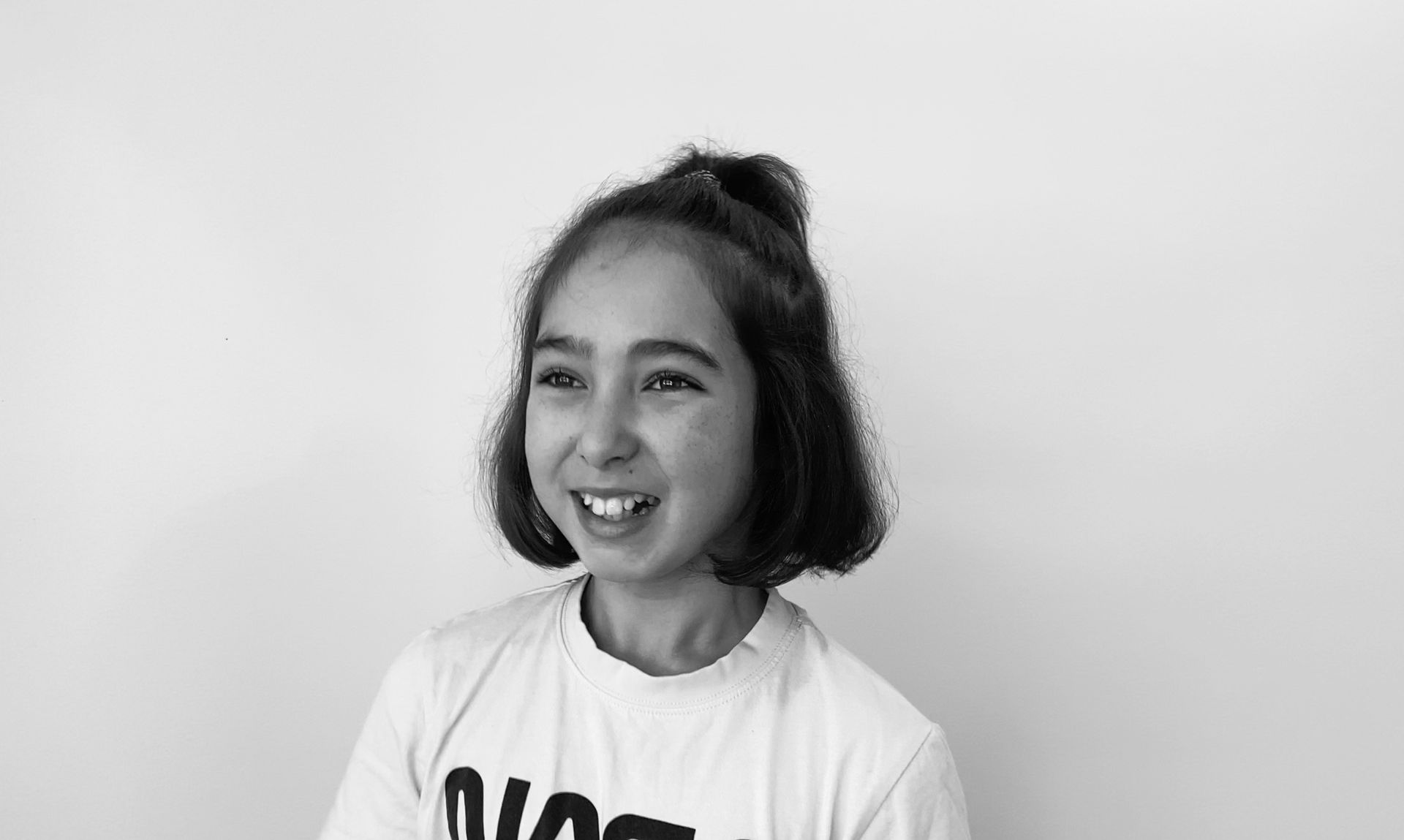Giftedness is not what I thought it was
Giftedness is not what I thought it was. I want to preface this by saying that I know parenting is hard for all of us. And I know there are many big problems in the world today. But I think there are some unique challenges and joys of being gifted that might not be widely known. Why do I think this? Because there was a time when I didn't know gifted so well. A time when I didn't have three gifted kids in my life. There was a time when I'd only vaguely heard of Mensa. A time when gifted children to me were quiet and studious. They had perfect behaviour at school and got straight As. Life was probably super easy for them. They invented things and read big books and spoke well, and probably grew into scientists. But now that I live gifted, I know the truth.
I imagine most families with young kids can relate to many parts of life with my lot. Our life is messy and crazy, and loud. It's kids running around the lounge room and jumping on the couch. It's giggles and laughter and constant talking and not listening to mum and dad. It's stubbornness and cheekiness and arguing and never-ending questions. It is siblings who play for hours in amazing worlds that exist only in their imaginations. It's three kids running around the museum with the same enthusiasm as a theme park. It's the fascination with a ladybug on a leaf. It's a great sense of humour, and it's so much clowning around.
But gifted is also a house full of big emotions. It is needing fairness and justice like it's oxygen. It's 5-year-olds sobbing about climate change. Because they understand everything they see and hear about it at the level of a much older person, but they only have the emotional skills of a 5-year-old to deal with this. It's 6-year-olds stressing in silence for weeks that overfishing and warming seas mean their grandchildren won't get to see fish in the ocean. It's pre-schoolers having nightmares about being sucked into black holes or an extinction-level asteroid hitting the earth. Pre-schoolers who are genuinely terrified of these things because they can't fathom the unlikeliness of that ever happening to them. As a psychologist once explained, gifted is your 5-year-old wondering whether death is permanent, while everyone else is wondering what's in their lunchbox that day. And just because parenting these little people is not stressful enough, research shows that if the learning needs of gifted children are not met, they're more likely to experience anxiety, social problems, and depression (National Association for Gifted and Talented (NAGC)).
Gifted is also not really being understood a lot of the time. Core to the definition of gifted is 'asynchrony'. This is where some of your child's skills are advanced while some are typical for their age, or lagging. So they might be able to think up amazing stories in their mind but be completely unable to write them down. They might be three years ahead in maths but one year behind in English. They might be a young child who can do algebra but not tie their shoelaces. Sometimes gifted means not caring one scrap about what they're learning in school. Sometimes it's the stress of knowing they're smart but getting poor grades. Gifted is being made to learn things in their first year of school that they knew when they were two – and being totally confused and frustrated about why. Often it's a seemingly endless repetition of work they already know, that as one of my kids at seven put it, "makes me want to shut my ears and scream". Research shows gifted learners not only learn faster but are more likely to unlearn maths, science and foreign languages when made to revise the content more than 2-3 times after mastery (as is done in a typical classroom) (NAGC). All of these things can lead to disengagement from school and kids losing their love of learning. Research also shows that between 18% and 25% of gifted students drop out of school early (NAGC). And when parents go to teachers for help, often the understanding is just not there.
As a parent, gifted is not wanting to utter the 'G' word for fear of being judged. It's worry that teachers think we're 'those' pushy parents who have had the flashcards on rotation since our kids were babies. It's always watching what we say about our kids in front of other parents because they might think we're boasting or trying to prove we're somehow better than they are. When someone notices your baby knows all their colours, it's avoiding the questions about how you got them to do that because you yourself have literally no idea. In fact it's very rarely knowing how these kids learn all the incredible things they learn. Gifted is also constantly wondering whether our kids are getting enough mental stimulation versus enough time to just be kids. It's wondering which of the kids have a second exceptionality, which often goes hand-in-hand with high IQs. This means being gifted plus having another diagnosis that affects learning, such as ADHD, autism, anxiety, dyslexia, dyspraxia, dysgraphia… the list of terms I had literally not heard of until recently, goes on. It's wondering which of your kids needs a psychologist right now, or an OT, and knowing it'll be at least a 6 month wait to see anyone anyway. Gifted is constant worrying and wondering with limited support.
But gifted is also being amazed by your own kids on a constant basis. Saying to your partner… ummm I'm pretty sure talking at 8 months isn't normal!? Should she be able to do her older brother's homework while she's still in Kindy? It's your 2-year-old making words with one of the 5 billion alphabet sets you've had to buy from Kmart because it's one of the only things that will keep them occupied right now. It's not knowing enough about the space-time continuum when Santa discussions come up… And, well, not knowing enough about anything really. It's saying 'Hey Siri'. A lot. And then asking weird questions like, 'if there was no air resistance, would raindrops kill us?'. It's your kids having cool favourite animals like tardigrades, and it's learning what tardigrades even are (they can survive in SPACE mummy!). It's knowing way more than you ever thought you would know about the Oort cloud or Rube Goldberg machines or the physics of how geckos climb walls. Having gifted kids teaches you to see the world in new and amazing ways. It allows you to see the beauty and excitement in even the smallest of things. And it is so much joy.
I guess what I want to say here is that being gifted isn't a free ticket to an easy life. Gifted people aren't made by flashcards, or Mozart or second languages or any other kind of early education. These people are found across all races, cultures, and socioeconomic groups, globally. Essentially, giftedness is a brain-based difference that impacts development, thinking and learning. It is highly genetic, meaning that while early experiences are influential, gifted people are essentially just born the way they are. These kids didn't ask to be born this way! And they aren't always the stereotypes that many believe.
Gifted. It seems to me this word has different meanings for different people. I feel so lucky to be sharing life with these amazing little people. To me, gifted means excitement about the world, deep thinking, worry, love and endless laughter. Though sometimes, gifted can just be really hard.
NB: Please note that this article only represents the views of the author(s), and is not necessarily representative of the views of the Australian Association for the Education of the Gifted and Talented.
Disclaimer: The views and opinions expressed in this blog are those of the author and do not necessarily reflect the official policy or position of the AAEGT.
Share this resource
Resources

